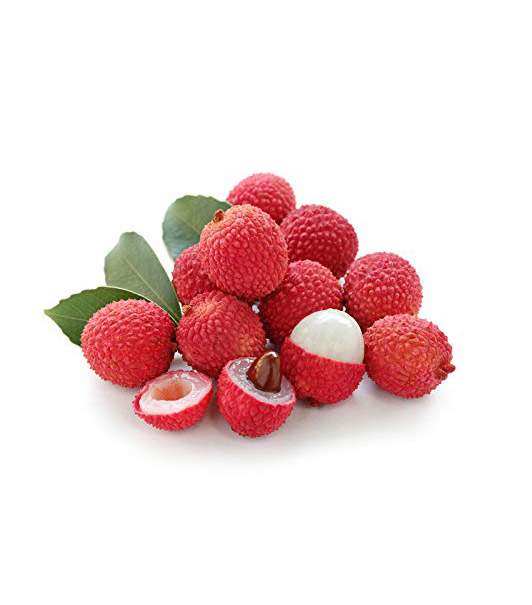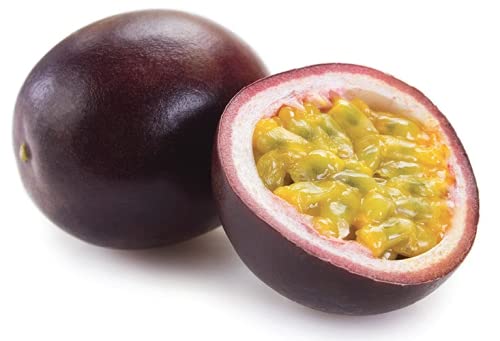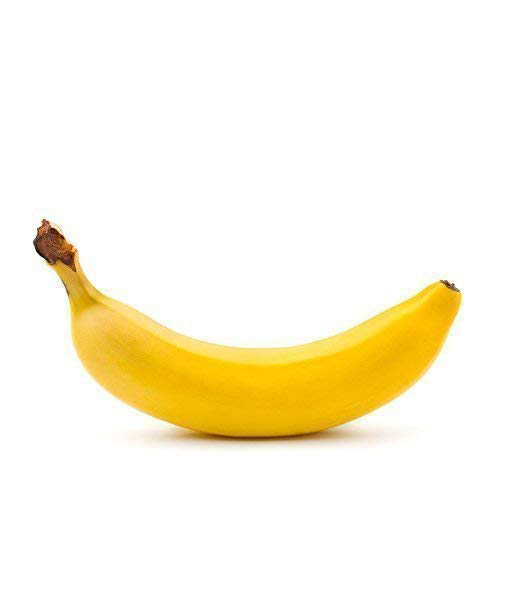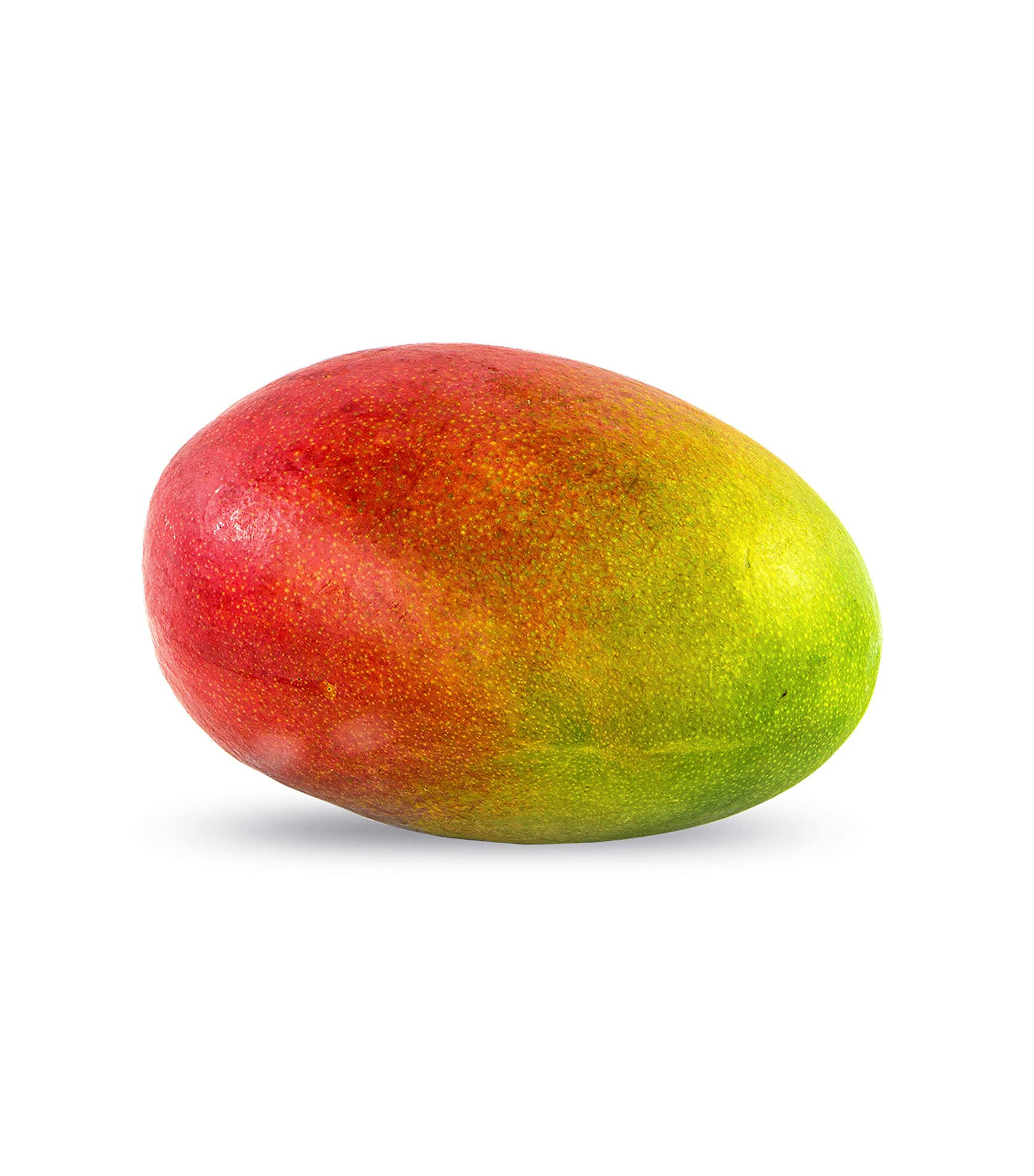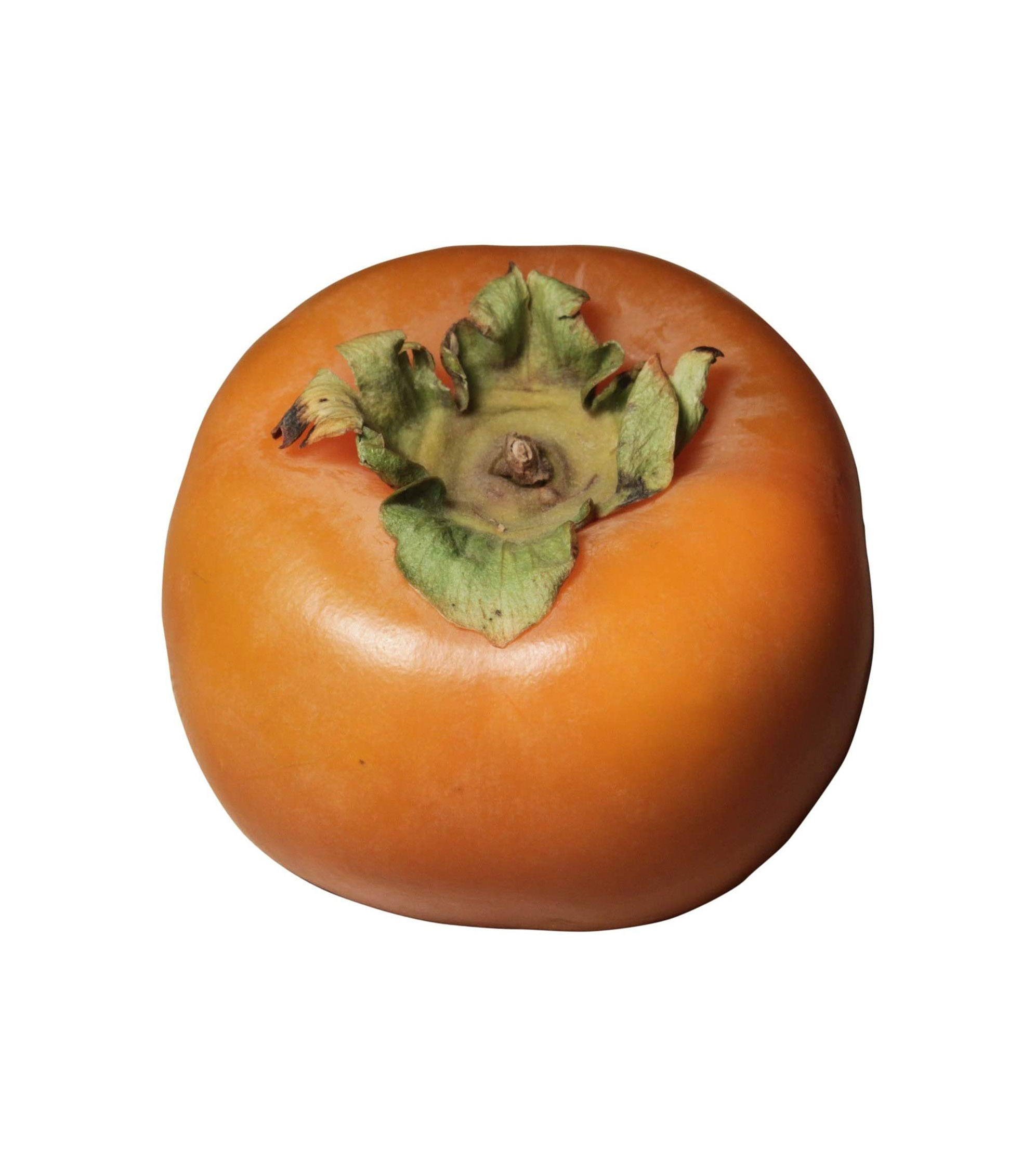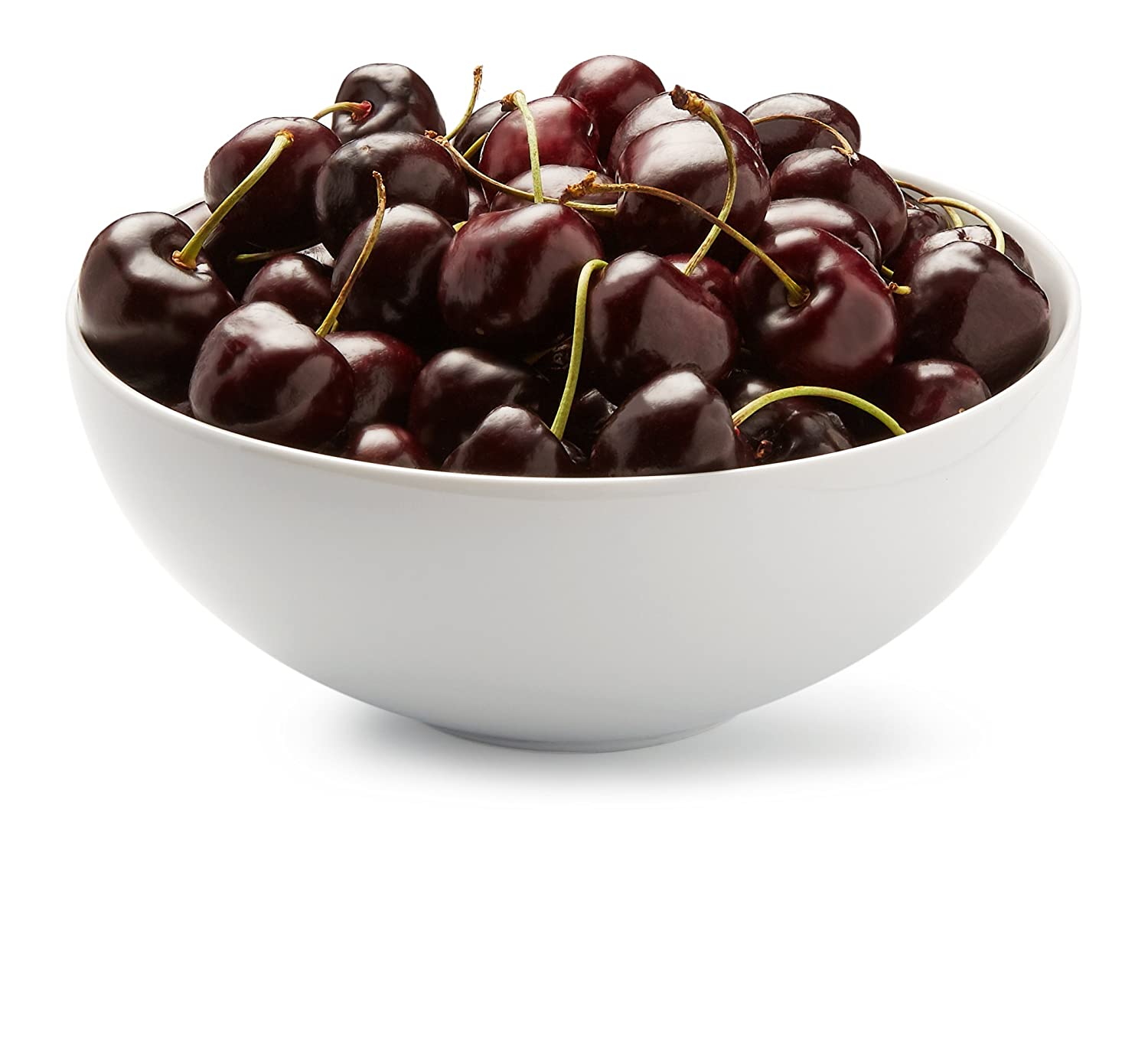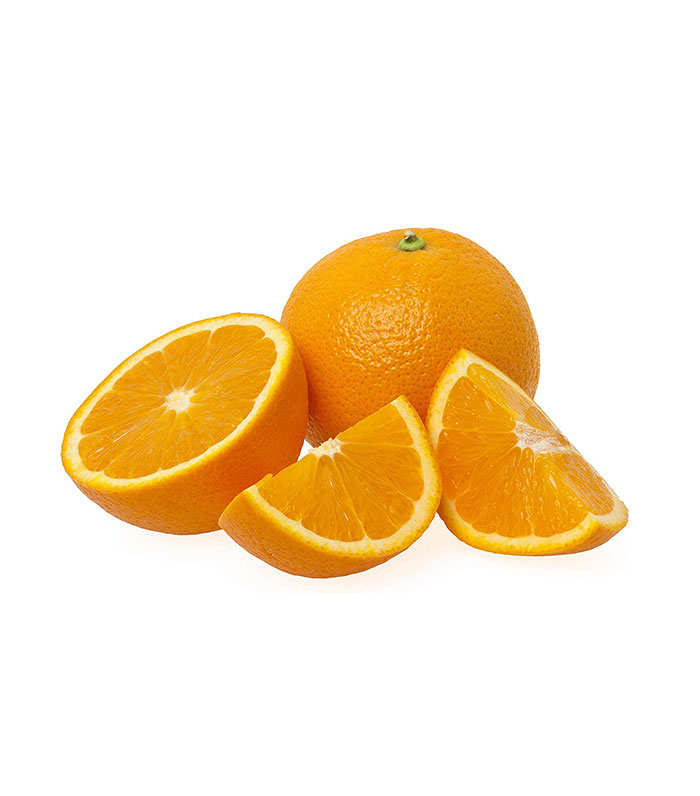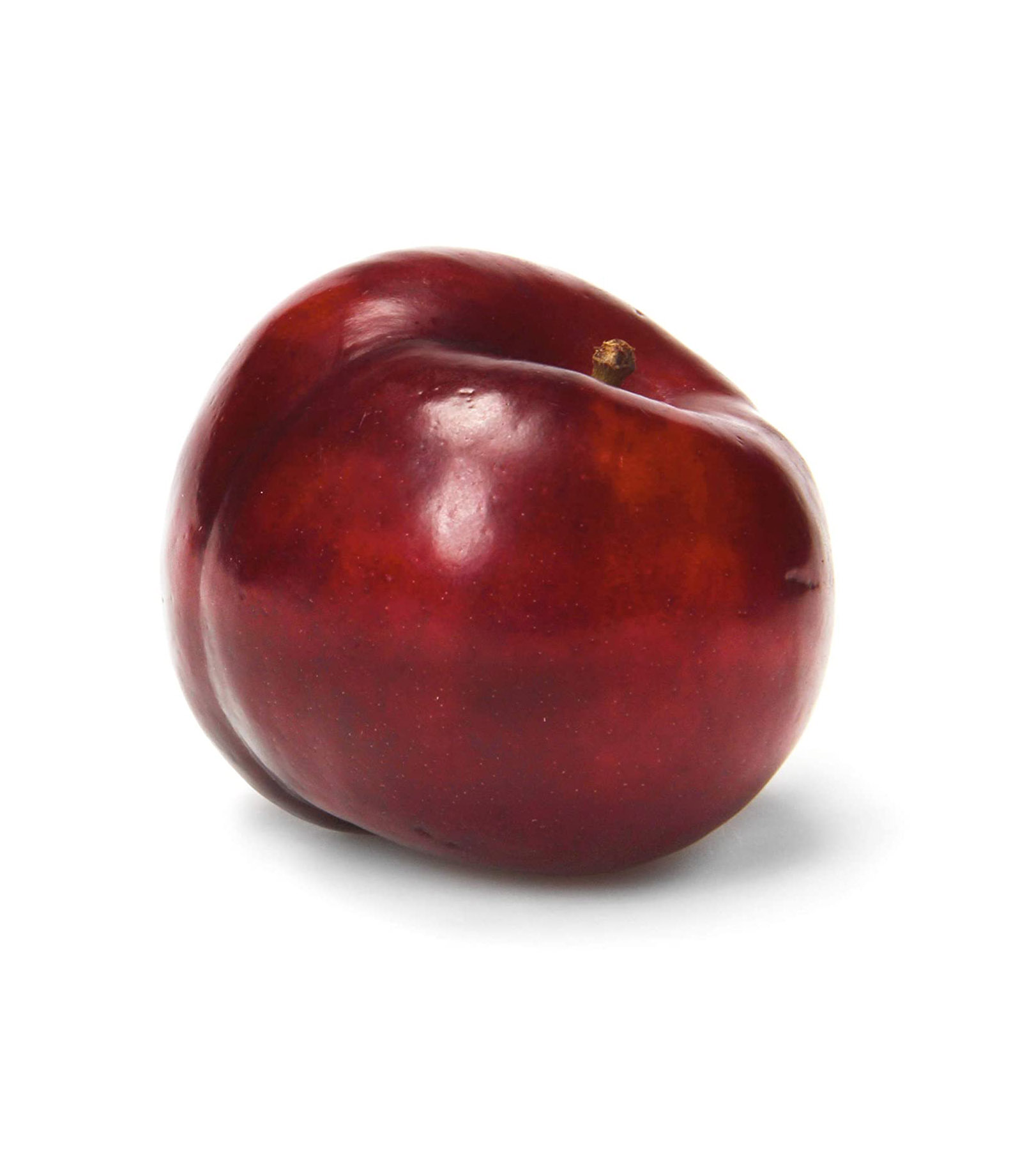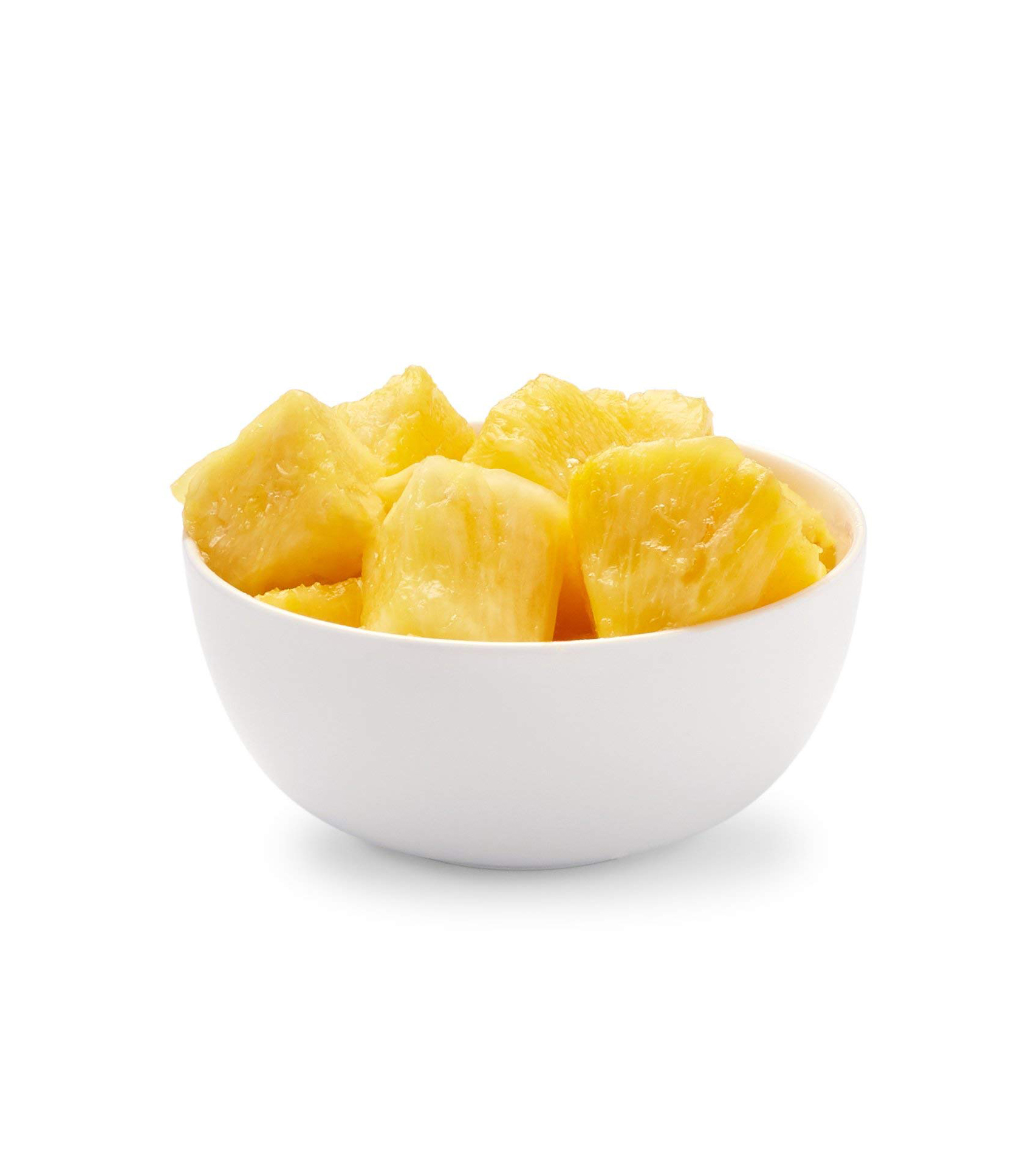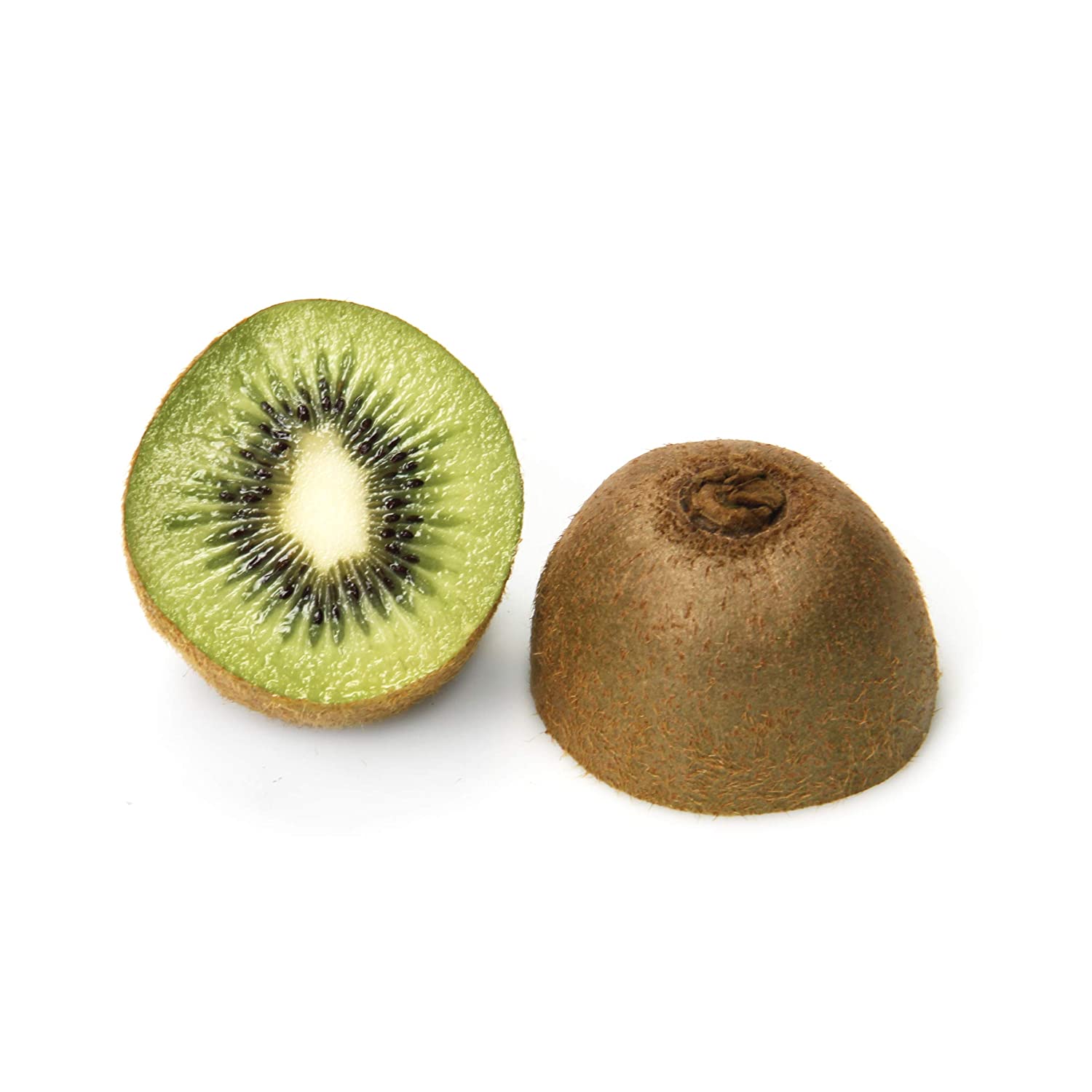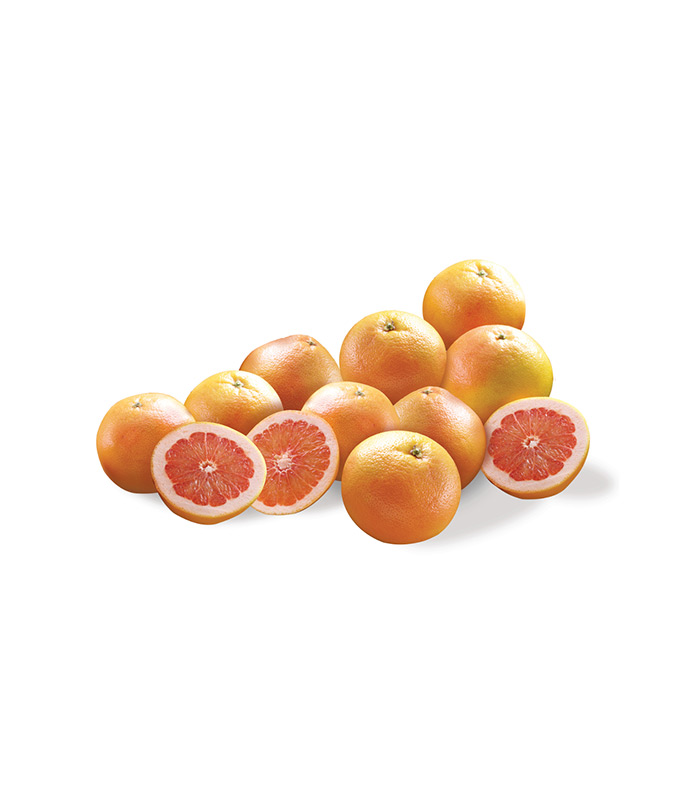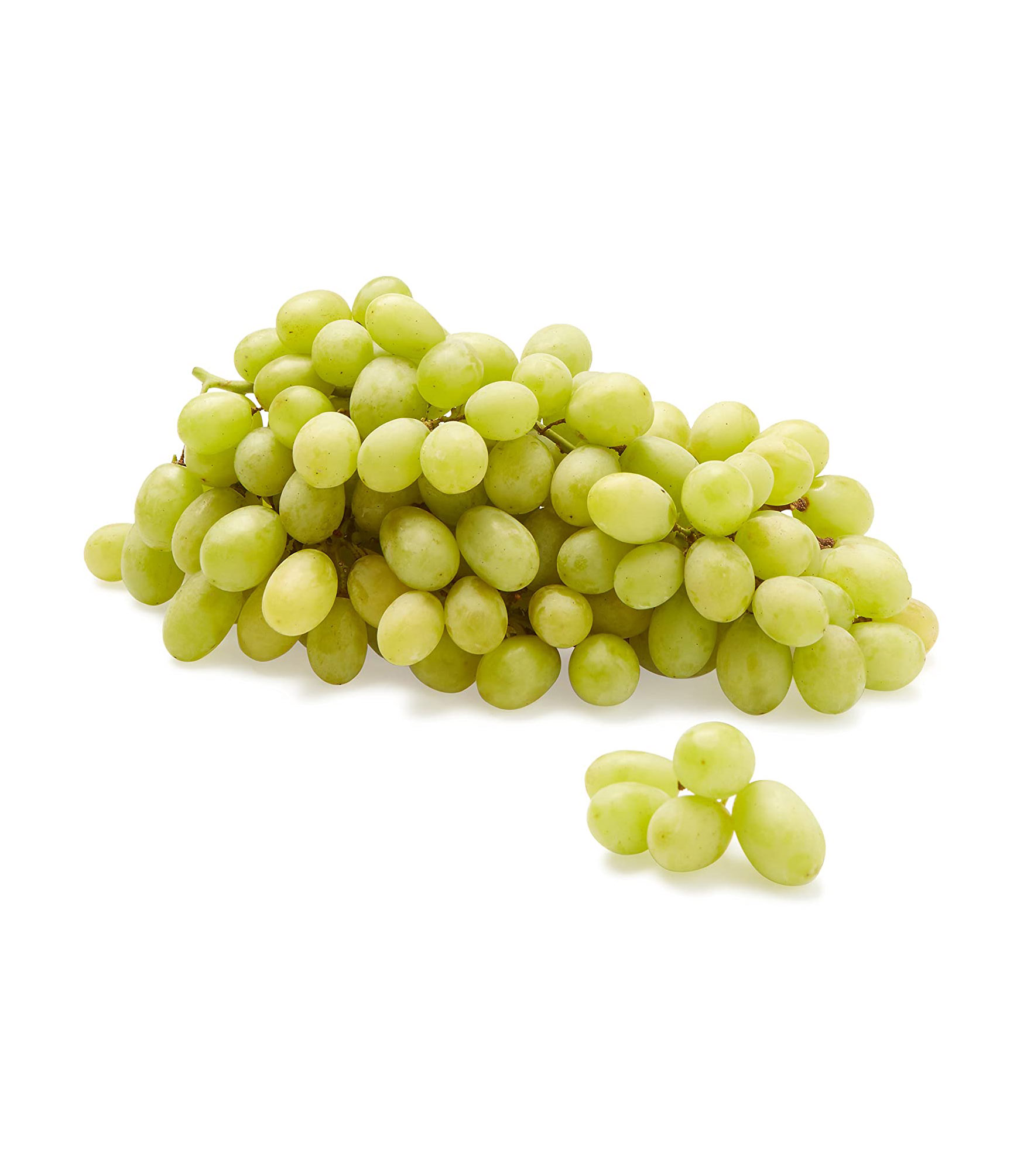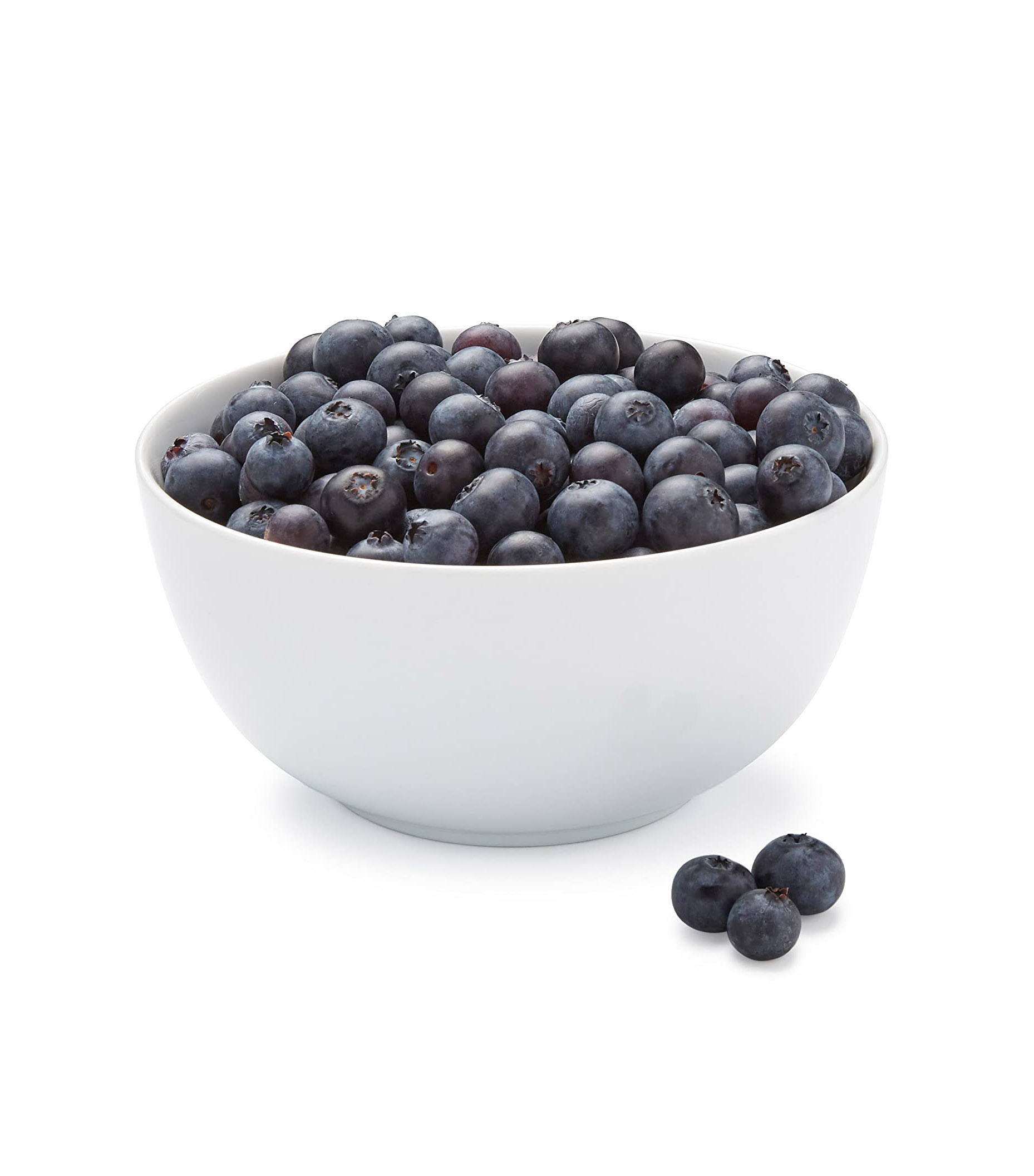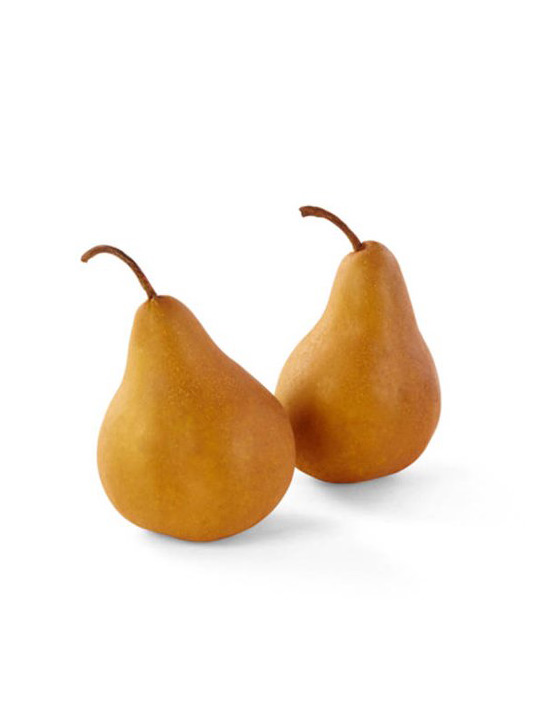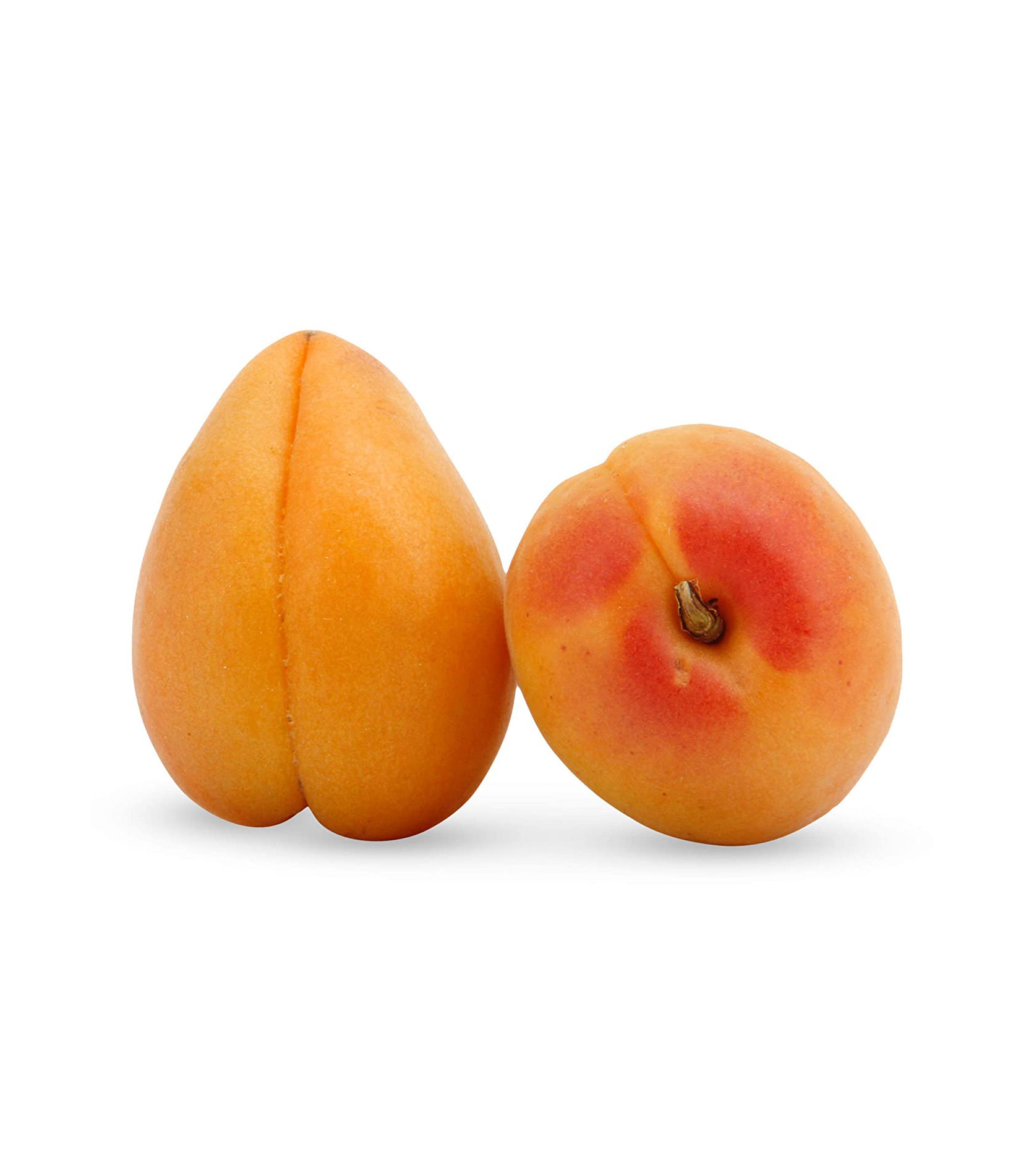These 15 Fruits Have Sneaky-High Amounts of Sugar
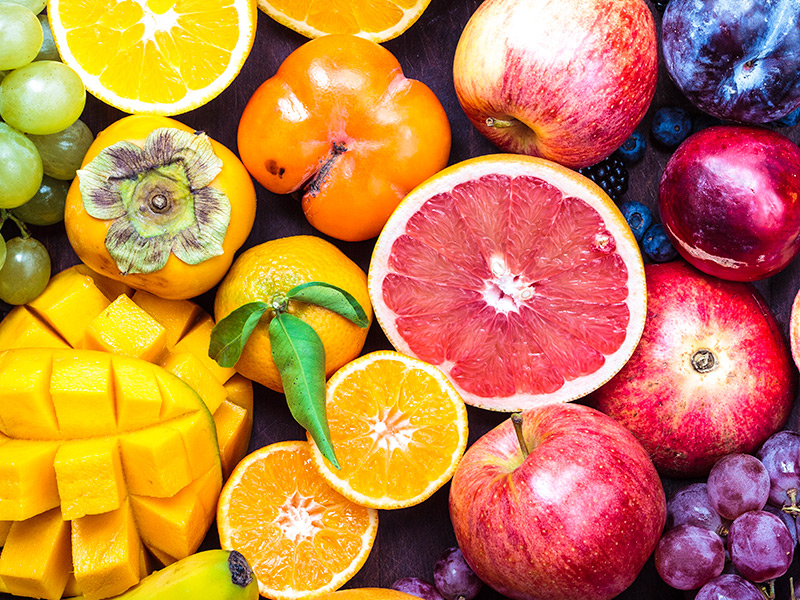
It's no secret that fruit is good for you—and much better than a handful of candy or a piece of cake. But some fruit does have higher levels of sugar, which doesn't necessarily mean you have to steer clear of it; it's just something to be aware of when consuming them.
First things first, the sugar in fruit is natural sugar, not added sugar, which is what you should really be worried about (and it's found in candy, soft drinks, juices, baked goods, ice cream, etc.). Nancy Z. Farrell, MS, RDN, a spokesperson for the Academy of Nutrition and Dietetics, says, "The guidelines recommend no more than six teaspoons of added sugar per day for a female and no more than nine teaspoons of added sugar per day for a male. If we consider that there are approximately four grams per teaspoon, then that would mean roughly no more than 24 grams of added sugar per day for a female and no more than 36 grams of added sugar per day for a male."
Secondly, while fruit does have sugars, it still has a heck of a lot of nutrients that you need in your diet—and according to the Cleveland Clinic, the amount of fiber in fruit balances the amount of sugar, preventing spikes in blood sugar. "I do not recommend avoiding fruits; instead enjoy every juicy bite!" says Farrell. "Fruits are packed with water and no fat (except for avocados or olives, but their fat is mainly unsaturated). Fruits are rich sources of nutrients such as vitamin C, folate, vitamin A, vitamin E, and dietary fiber. All of these nutrients support health by lowering the risk of illnesses such as heart disease, cancer, and obesity."
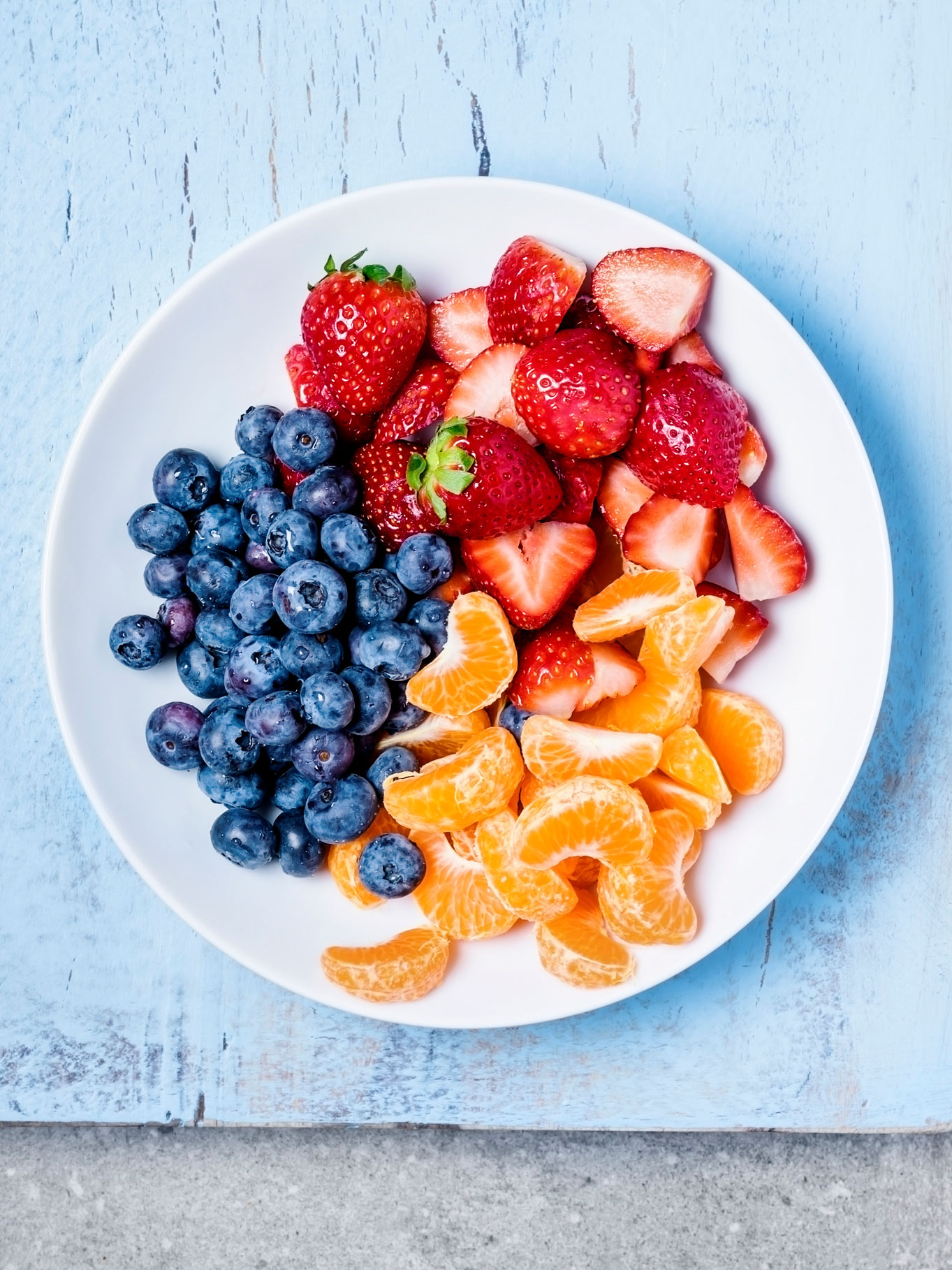
So what should you keep in mind when it comes to sugar in fruit? "Adhere to the serving sizes at snack or mealtimes," Farrell recommends. "At snack time, enjoy fruits by pairing them with a protein source. So for example, a pear and a cheese stick; an apple with nut butter; peaches and cottage cheese; berries and Greek yogurt; an orange with almonds, etc." And choosing fruit as your dessert rather than refined sweets is always your best bet.
Ultimately, your consumption of fruit depends on your own dietary or healthcare needs, and it's something worth discussing with a doctor, nutritionist, or dietician. "For example, diabetics may want to know that many fruits such as apples, cherries, citrus fruits, berries, and peaches rank low on the glycemic index. Bananas rank moderately low. Tropical fruits and melons fall in the low-moderate glycemic range," Farrell says.
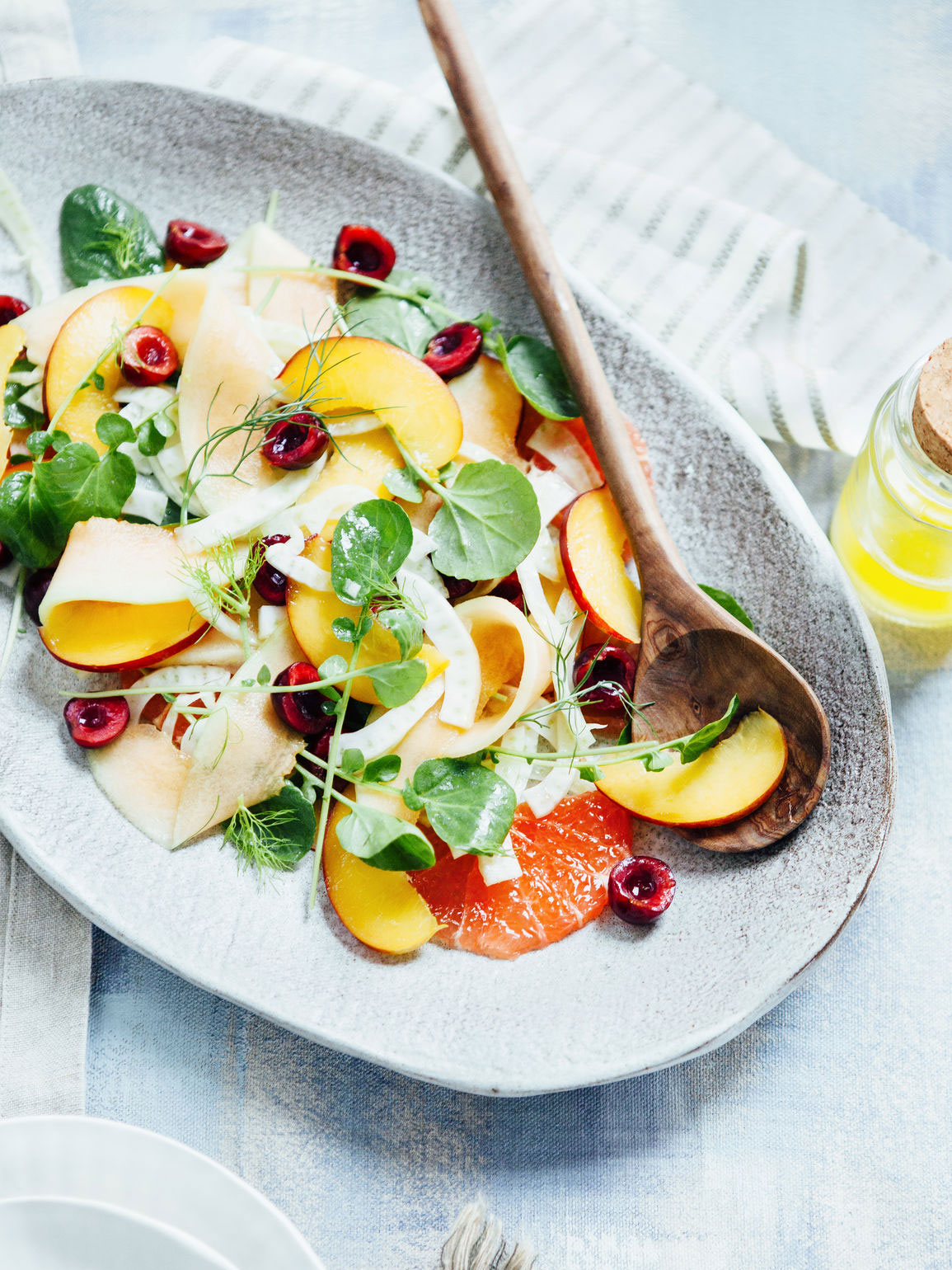
When it comes to consuming fruit, fresh is almost always best. Dried, frozen, or canned fruits can have more sugar than their whole and fresh counterparts.
TL;DR: Don't fear fruit—it should be incorporated into your daily diet and is much better for you than other sweet treats. But since knowledge is always power, take a look at which fruits have high amounts of sugar below, based on the food database from the United States Department of Agriculture.
Lychees
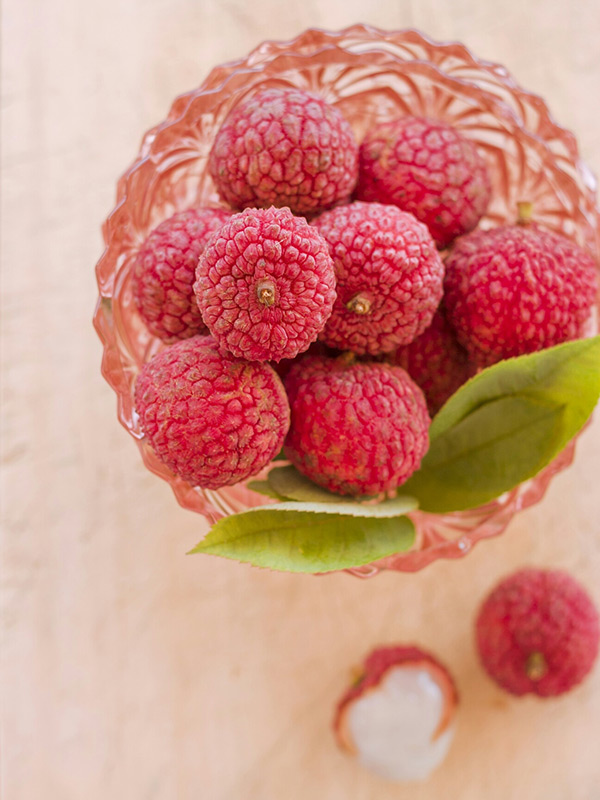
Measure: 1 cup
Sugars (grams) per measure: 28.94
With one cup of lychee, you'll get 10 mg of calcium. It's also a source of vitamin C.
Passion Fruit
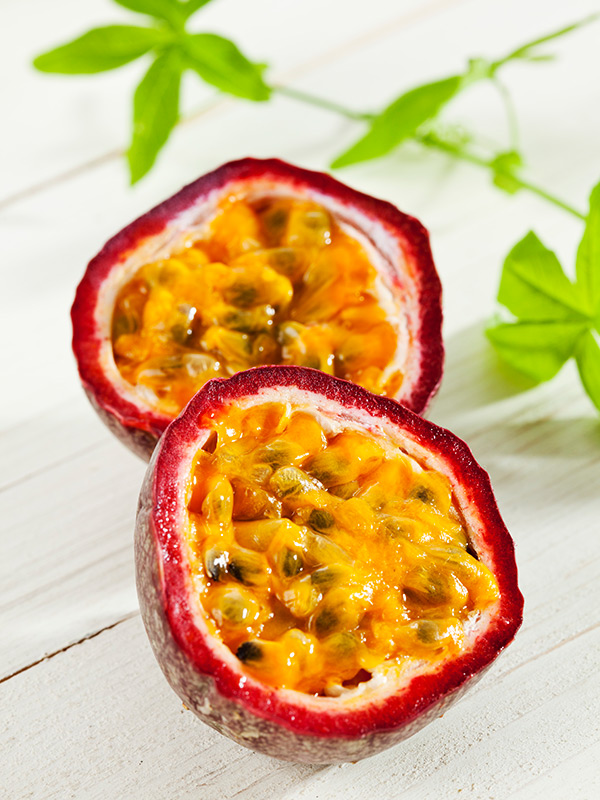
Measure: 1 cup
Sugars (grams) per measure: 26.43
Passion fruit contains 28 mg of calcium per cup, 821 mg of potassium per cup, and also has a good amount of vitamin C.
Bananas
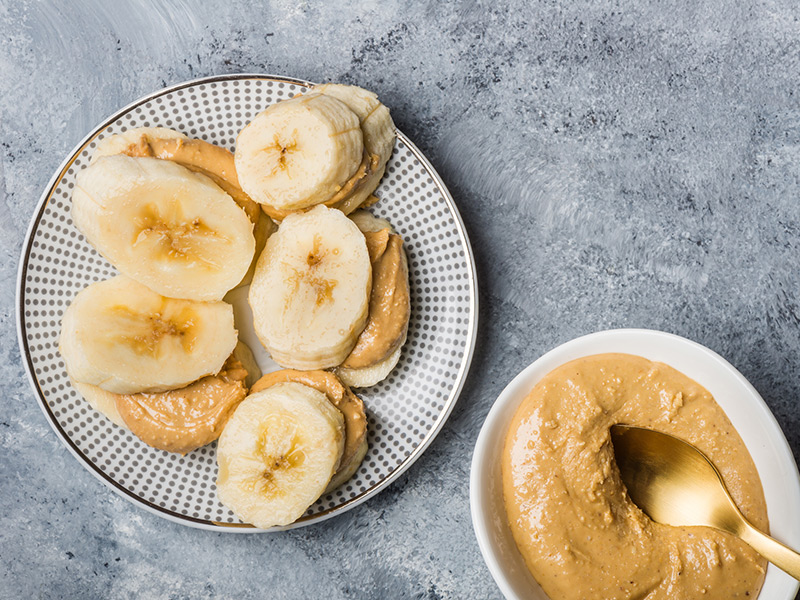
Measure: 1 cup, sliced
Sugars (grams) per measure: 18.34
Bananas may have more sugar than some fruits, but they're packed to the gills with nutrients like potassium, calcium, iron, vitamin C, and so much more.
Mangoes
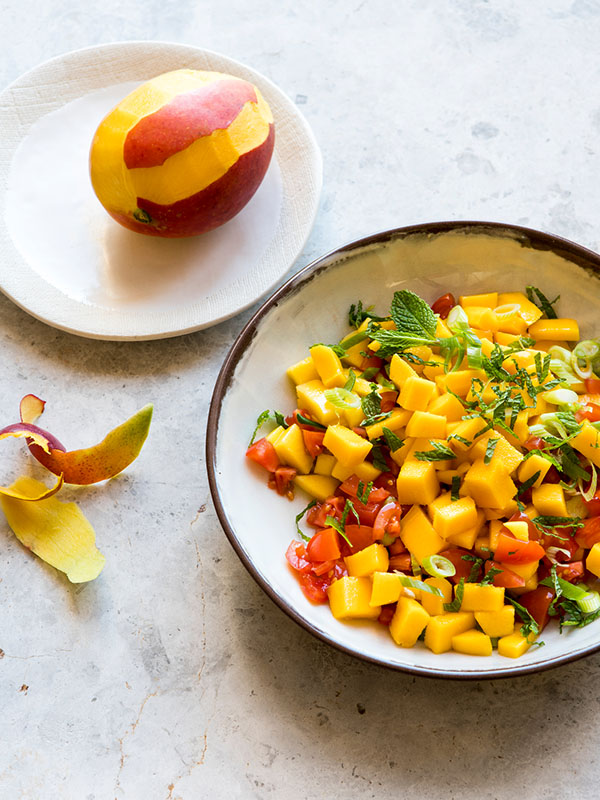
Measure: 1 cup pieces
Sugars (grams) per measure: 22.54
Mangoes are a good source of vitamin A and vitamin C.
Persimmons
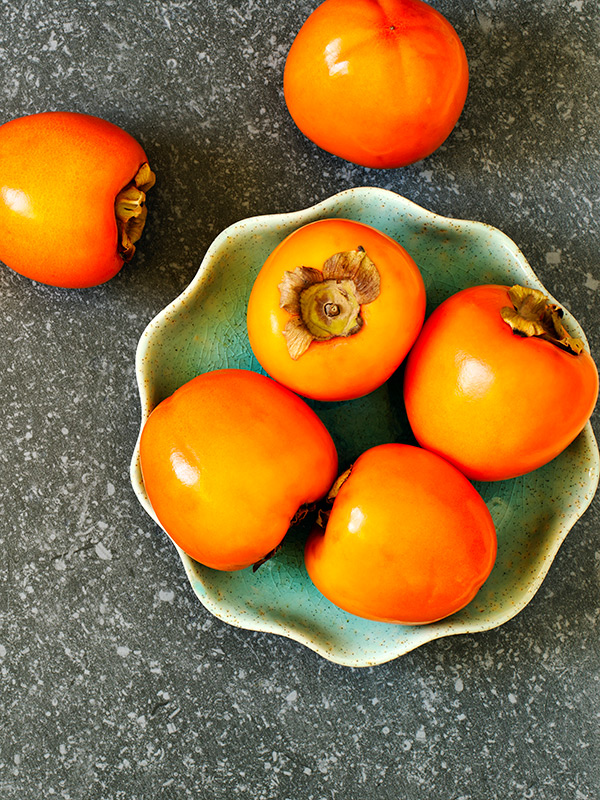
Measure: 1 fruit (2 1/2 inches in diameter)
Sugars (grams) per measure: 21.05
While you can't find them at every grocery store, persimmons are pretty delicious and worth a taste test. They're high in vitamin A, vitamin C, and potassium.
Cherries
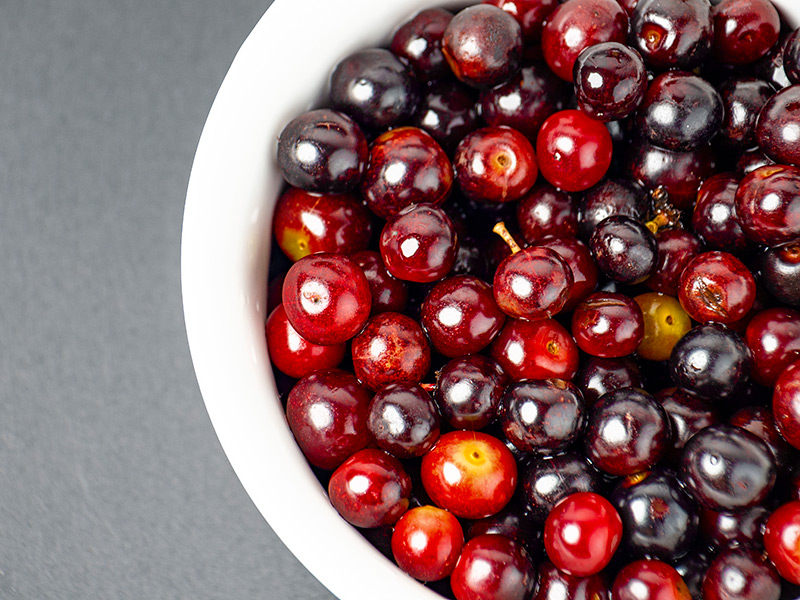
Measure: 1 cup with pits
Sugars (grams) per measure: 17.69
A favorite summer fruit, cherries contain calcium and potassium.
Oranges
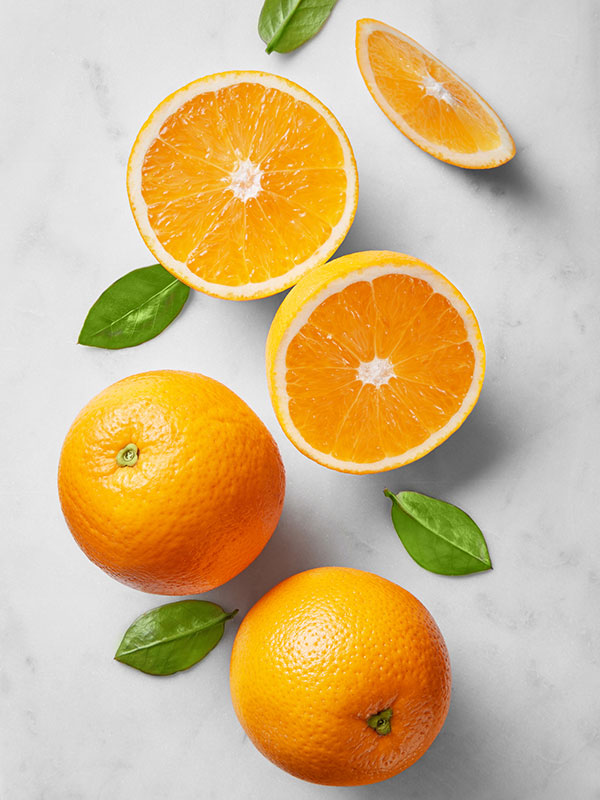
Measure: 1 cup, sections
Sugars (grams) per measure: 16.83
It's interesting to note that Florida oranges contain slightly more sugar (16.91 grams). But we all know the health benefits of oranges—they are high in vitamin C and can boost your immune system.
Plums
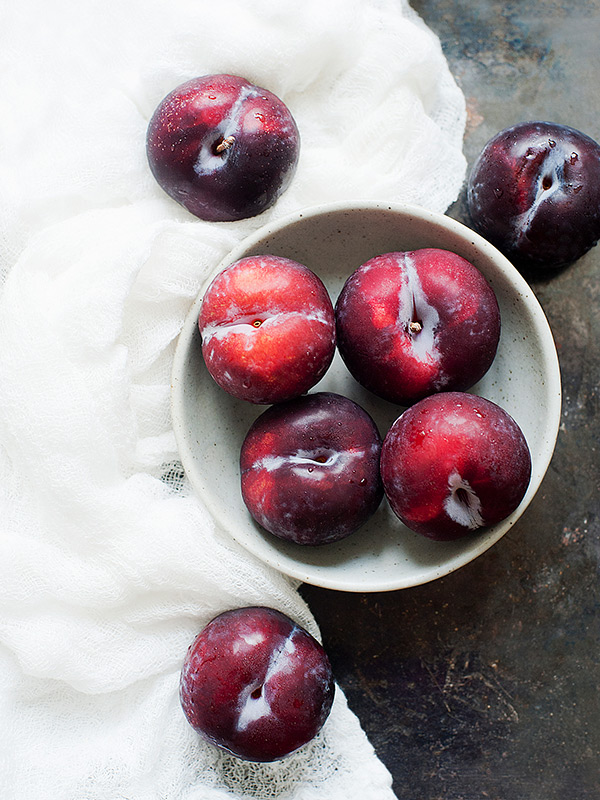
Measure: 1 cup, sliced
Sugars (grams) per measure: 16.37
Plums contain high levels of potassium, vitamin C, and antioxidants.
Pineapples
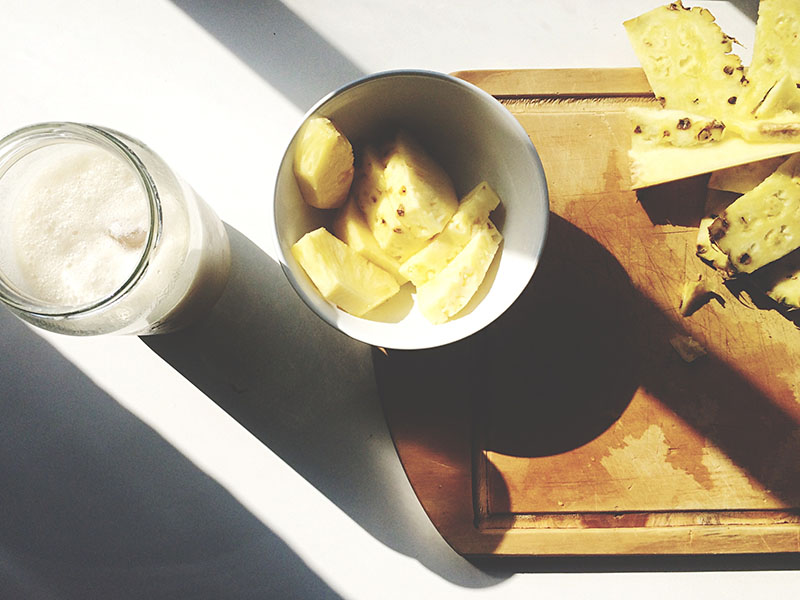
Measure: 1 cup, chunks
Sugars (grams) per measure: 16.25
Pineapples are a good source of vitamin C and manganese.
Kiwis
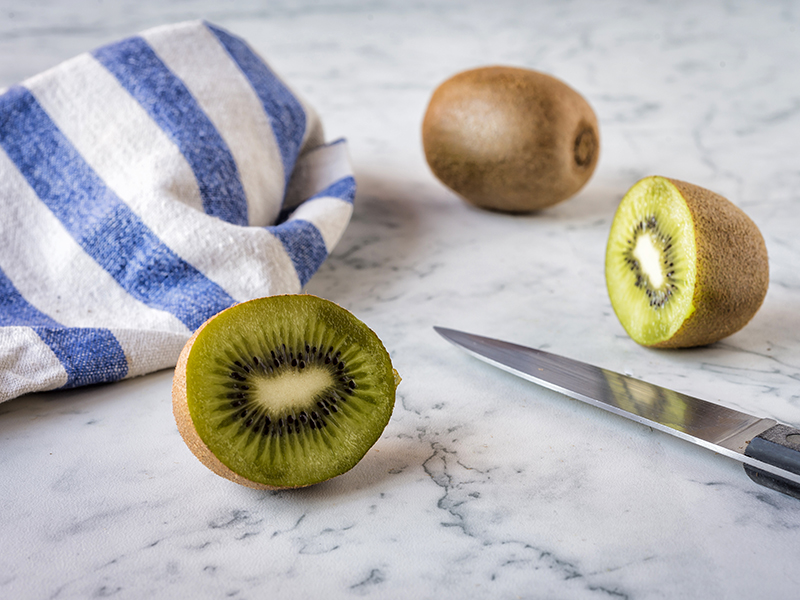
Measure: 1 cup, sliced
Sugars (grams) per measure: 16.81
Kiwis are packed with potassium and vitamin C.
Grapefruit
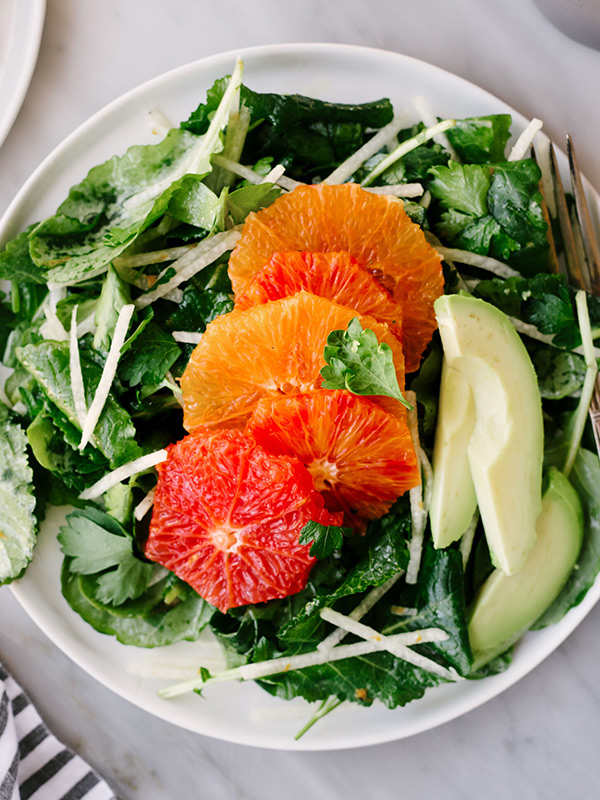
Measure: 1 cup sections, with juice
Sugars (grams) per measure: 16.05
Grapefruit is high in water and contains plenty of vitamin A and vitamin C.
Grapes
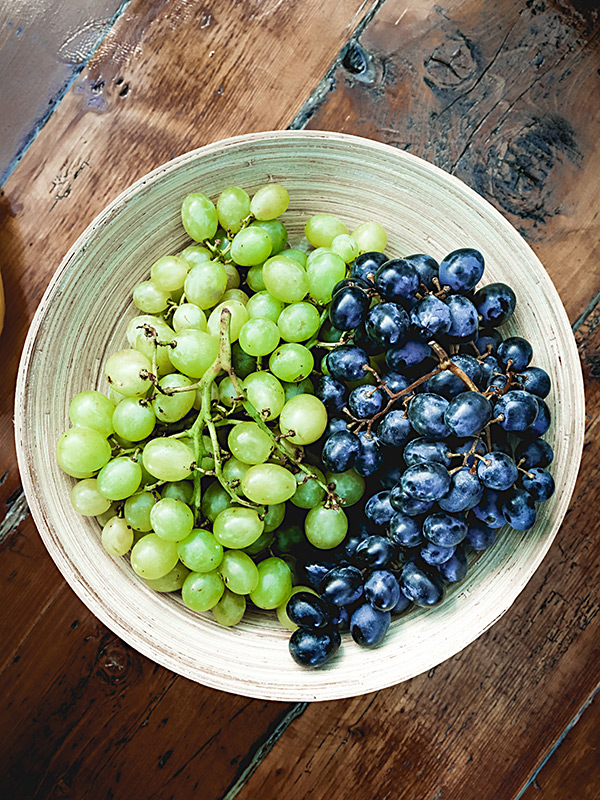
Measure: 1 cup
Sugars (grams) per measure: 14.05
Grapes are always a great snack option—and they are high in antioxidants. Experts believe that grapes can fight heart disease and cancer.
Blueberries
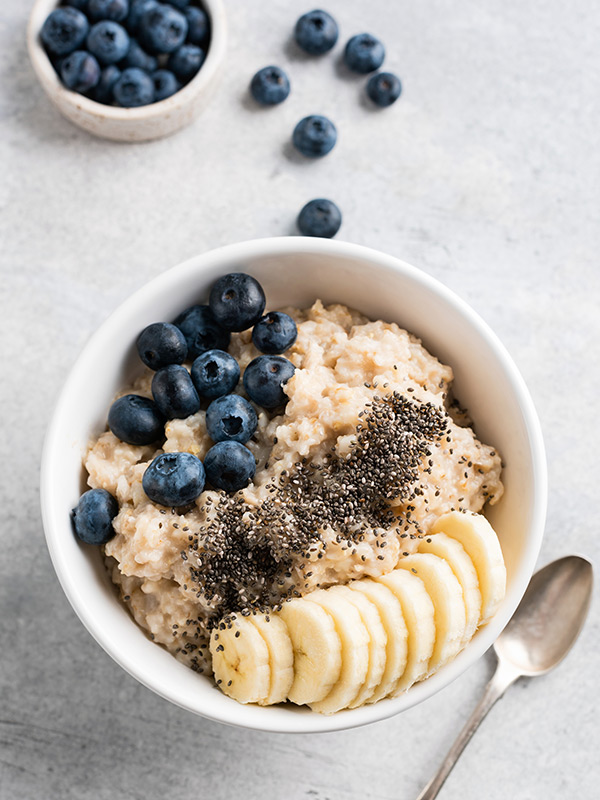
Measure: 1 cup
Sugars (grams) per measure: 14.74
It's no secret that blueberries are a superfruit that can help with heart health, memory, skin health, and more.
Pears
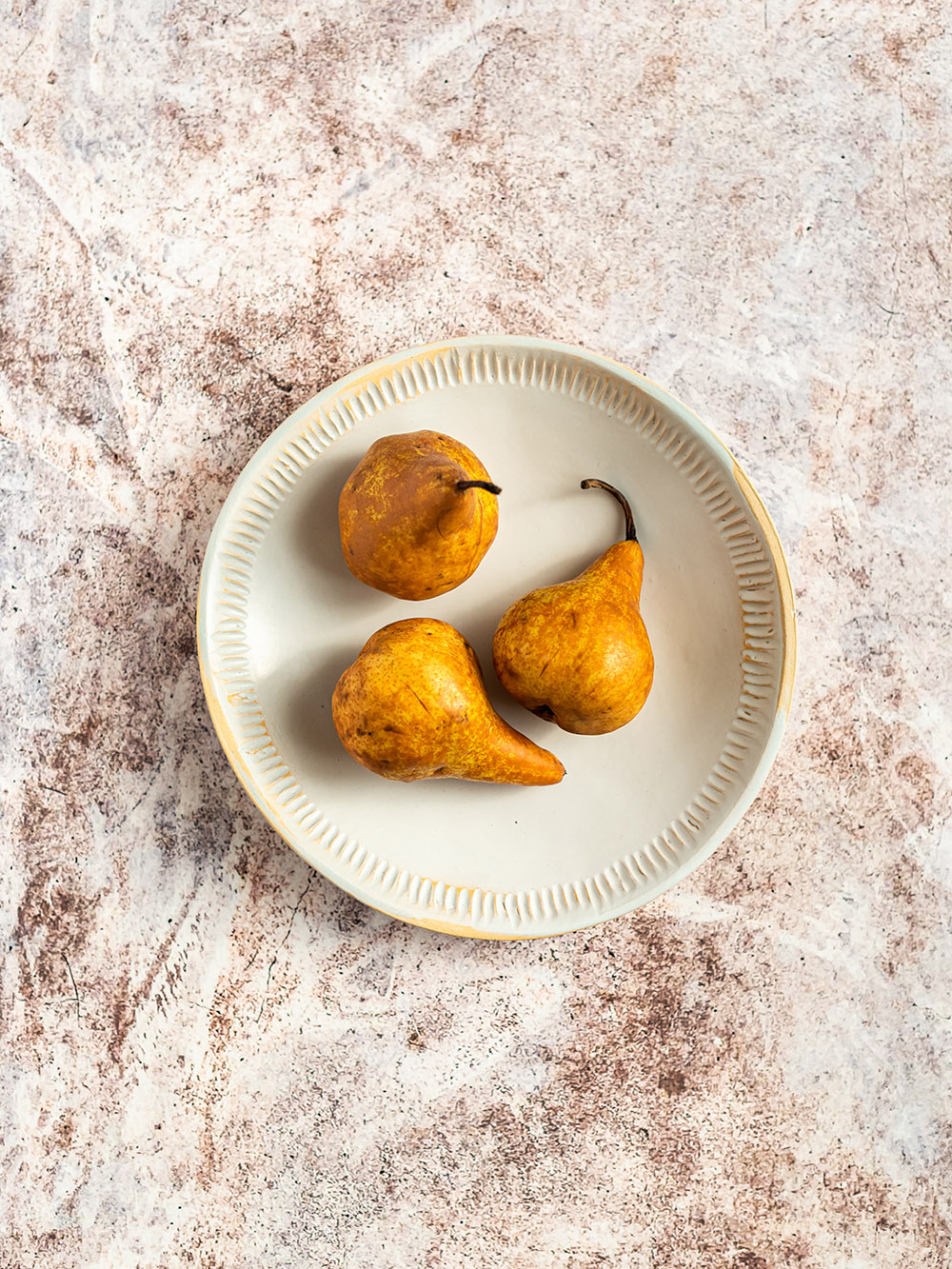
Measure: 1 cup, sliced
Sugars (grams) per measure: 14.32
Bosc pears (and pears in general) are a great source of potassium and fiber.
Apricots
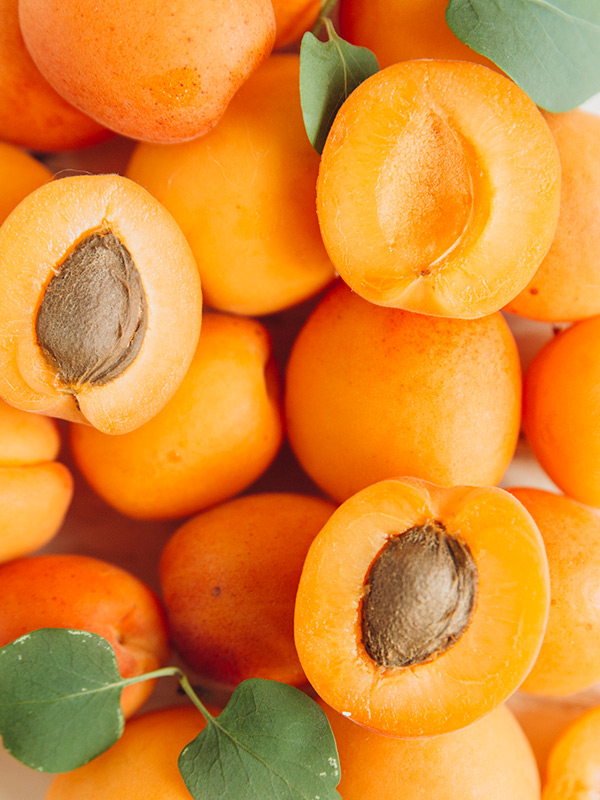
Measure: 1 cup, halves
Sugars (grams) per measure: 14.32
Apricots are packed with vitamin C and potassium. Dried apricots contain a lot of sugar, so opt for the fresh version. Farrell says they're "a nice versatile addition to cooked, baked, stir-fry, or grilled recipes."
Next, 9 Foods That Are Making You Break Out (and What to Eat Instead)
This article was originally published at an earlier date and has since been updated.
Disclaimer
This article is provided for informational purposes only and is not intended to be used in the place of advice of your physician or other medical professionals. You should always consult with your doctor or healthcare provider first with any health-related questions.
Sarah is lifestyle writer and editor with over 10 years of experience covering health and wellness, interior design, food, beauty, and tech. Born and raised in Los Angeles, she attended New York University and lived in New York for 12 years before returning to L.A. in 2019. In addition to her work at Who What Wear, she held editor roles at Apartment Therapy, Real Simple, House Beautiful, Elle Decor, and The Bump (sister site of The Knot). She has a passion for health and wellness, but she especially loves writing about mental health. Her self-care routine consists of five things: a good workout, “me” time on the regular, an intriguing book/podcast/playlist to unwind after a long day, naps, and decorating her home.
-
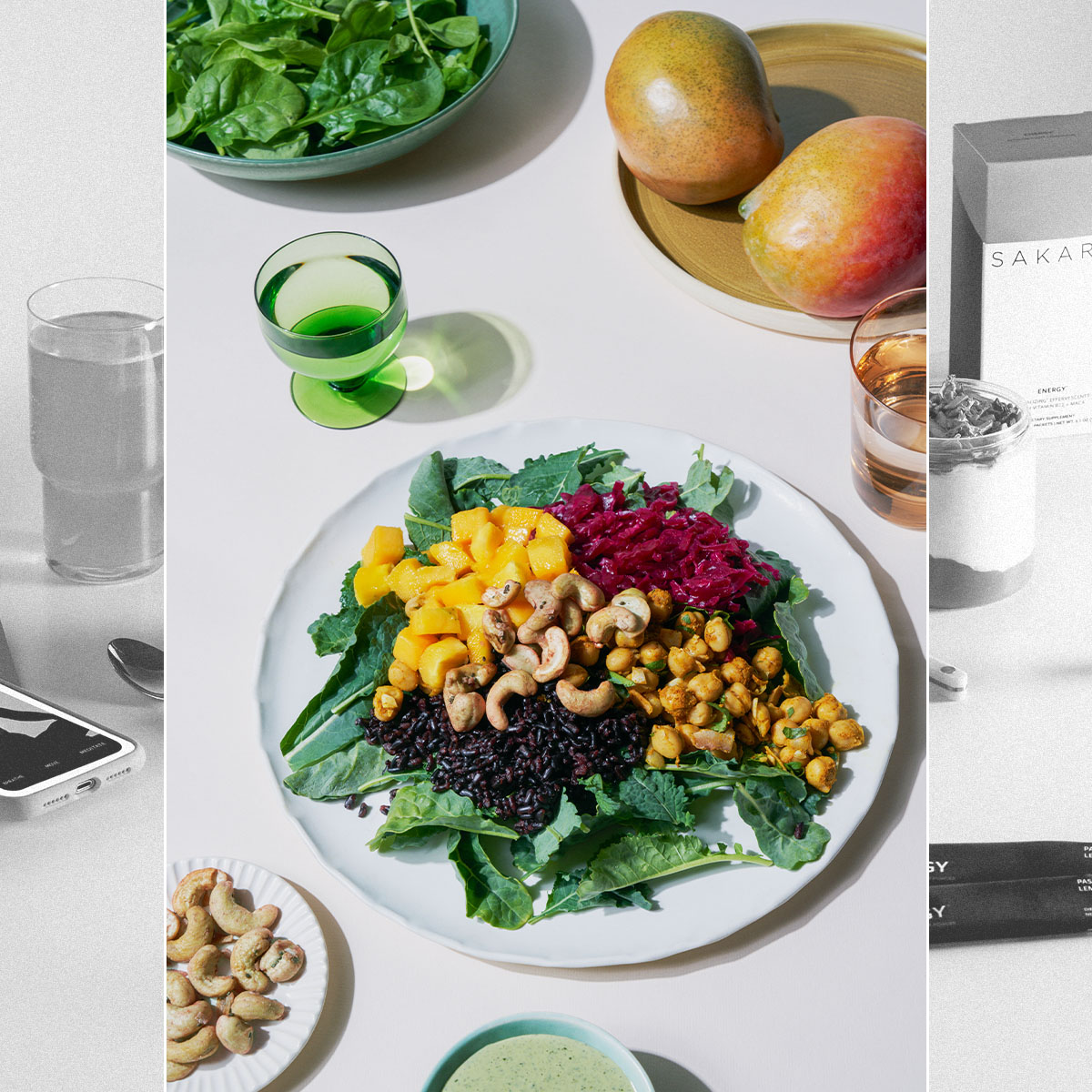 Bella Hadid and Gwyneth Paltrow Apparently Love Sakara Life, so We Tried It for 30 Days
Bella Hadid and Gwyneth Paltrow Apparently Love Sakara Life, so We Tried It for 30 DaysHere are our honest thoughts.
By Erin Jahns
-
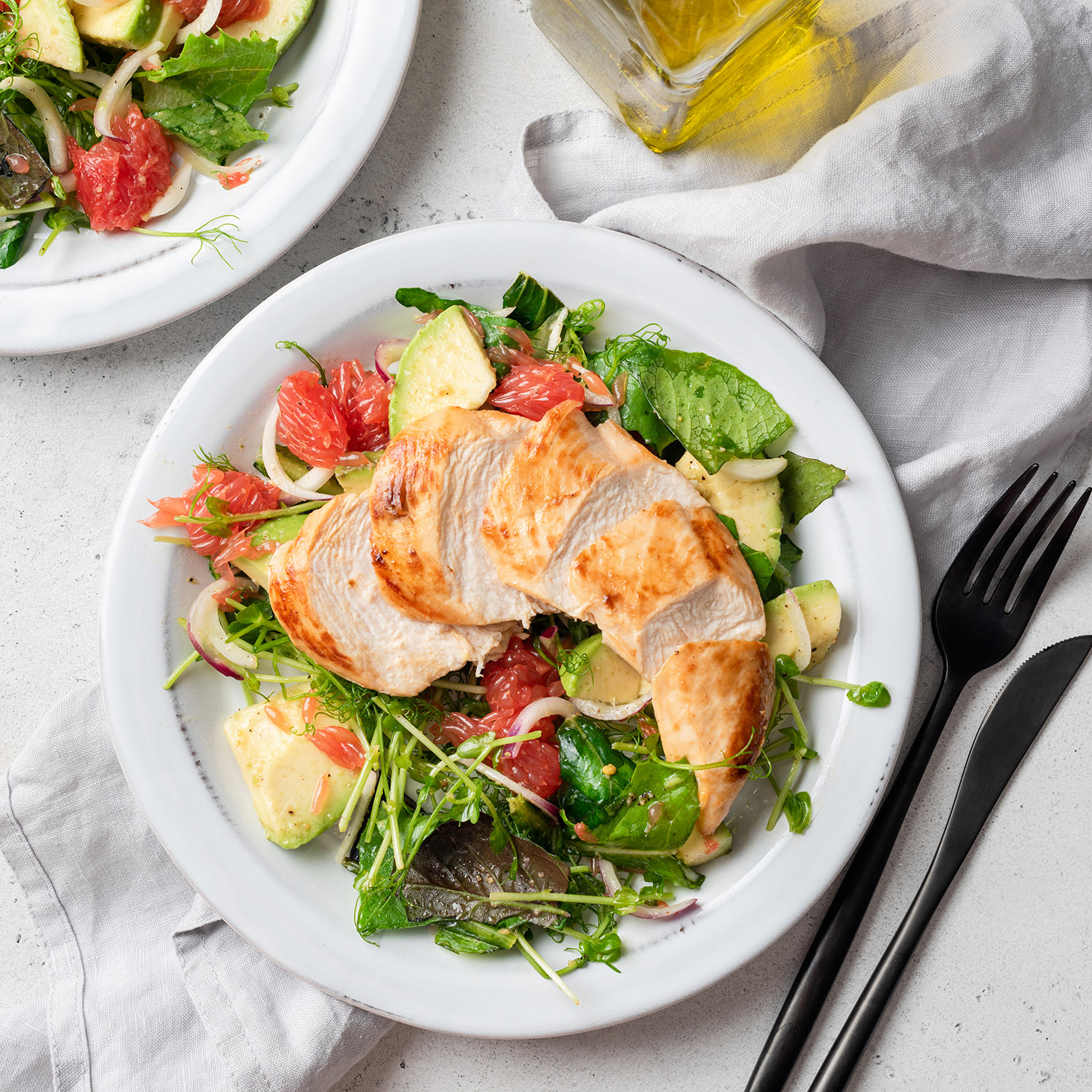 The 6 Warning Signs You're Not Getting Enough Protein
The 6 Warning Signs You're Not Getting Enough ProteinAnd what to eat to up your intake.
By Sarah Yang
-
 Everything This Professional Ballet Dancer Eats to Fuel Her for Performances
Everything This Professional Ballet Dancer Eats to Fuel Her for PerformancesHer grocery staples include high-quality French butter.
By Candice Aman
-
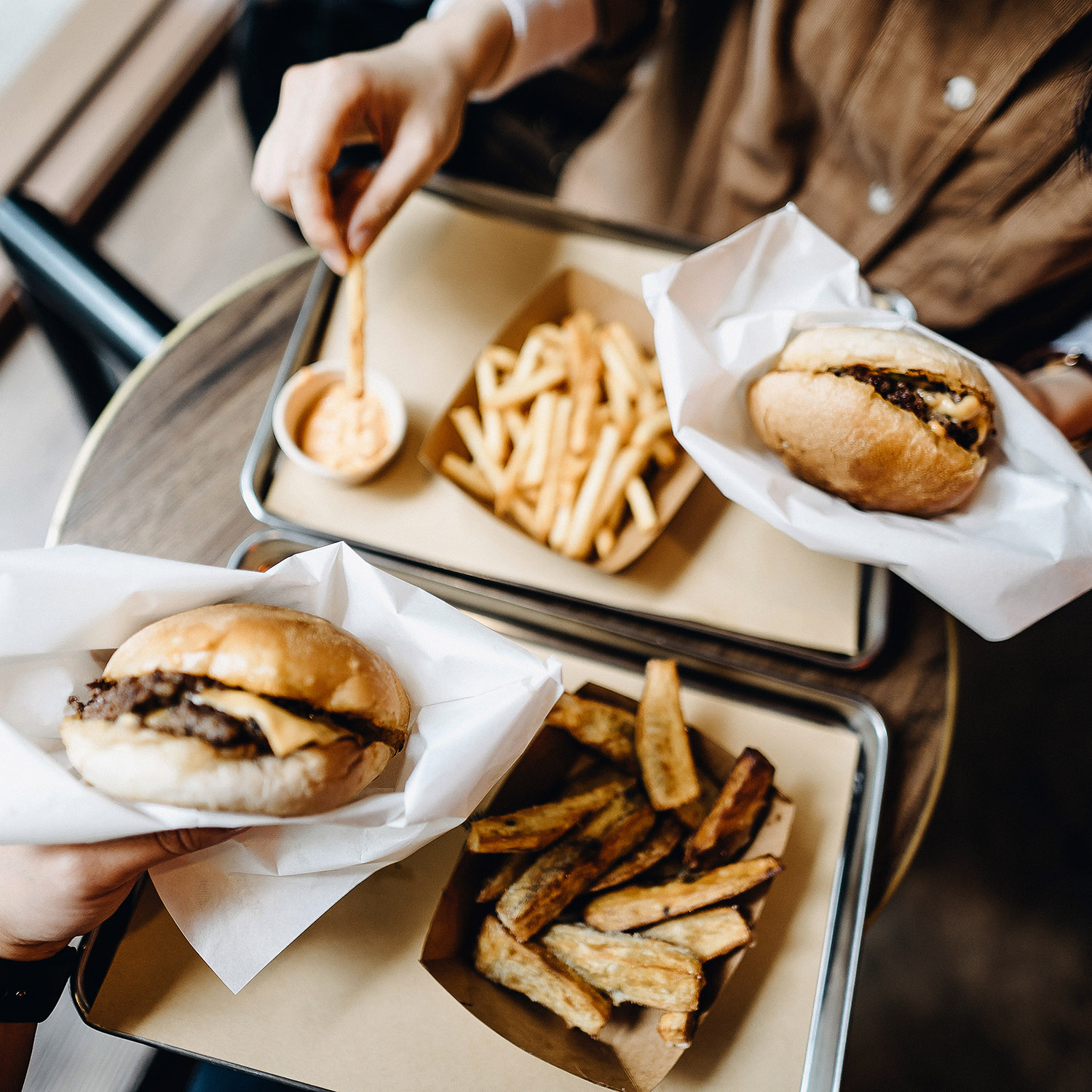 These 8 Foods Are the Worst for Rosacea—Here's What to Eat Instead
These 8 Foods Are the Worst for Rosacea—Here's What to Eat InsteadControl those flare-ups.
By Sarah Yang
-
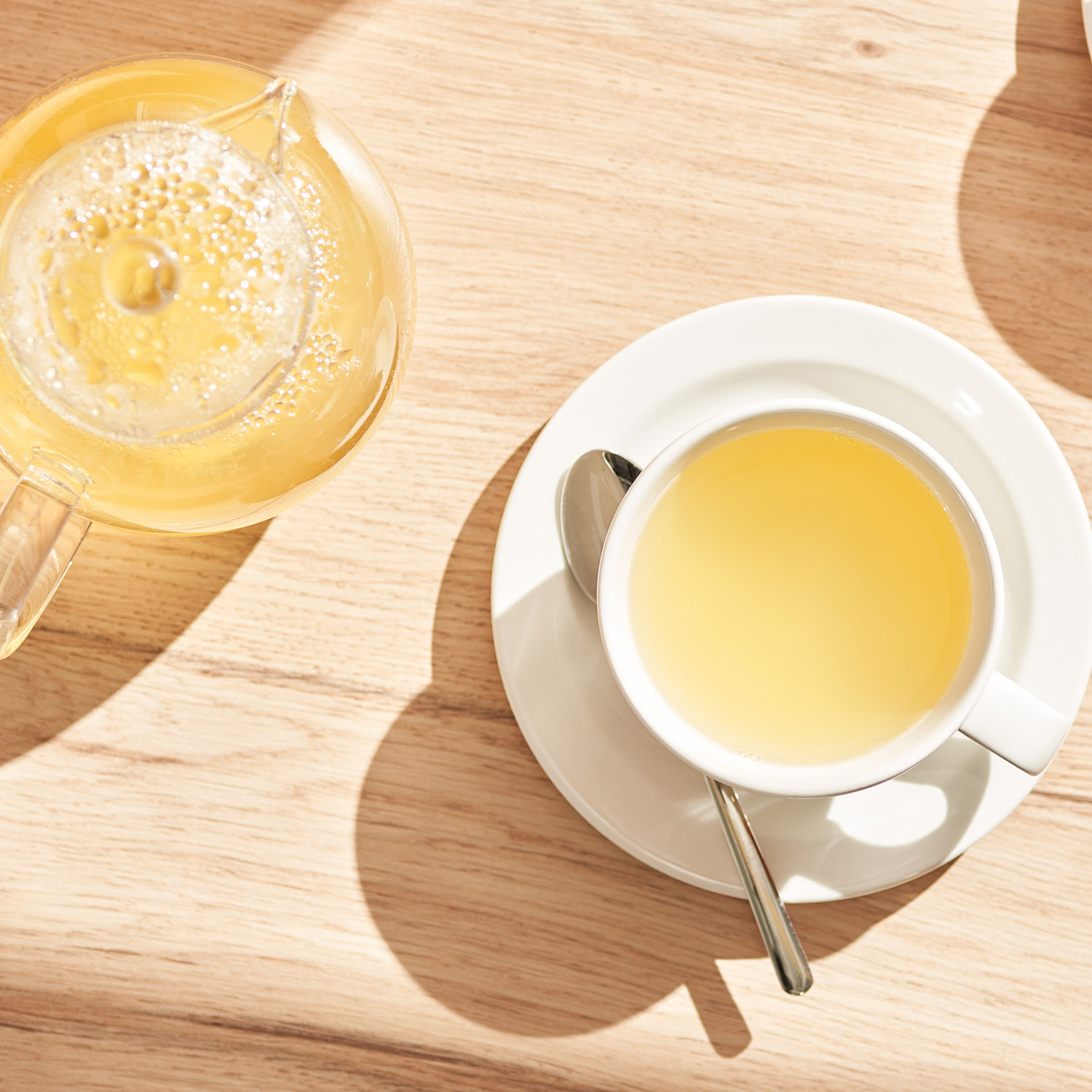 15 Things That Cause Bloating and How to Get Rid of It ASAP
15 Things That Cause Bloating and How to Get Rid of It ASAPTry these.
By Sarah Yang
-
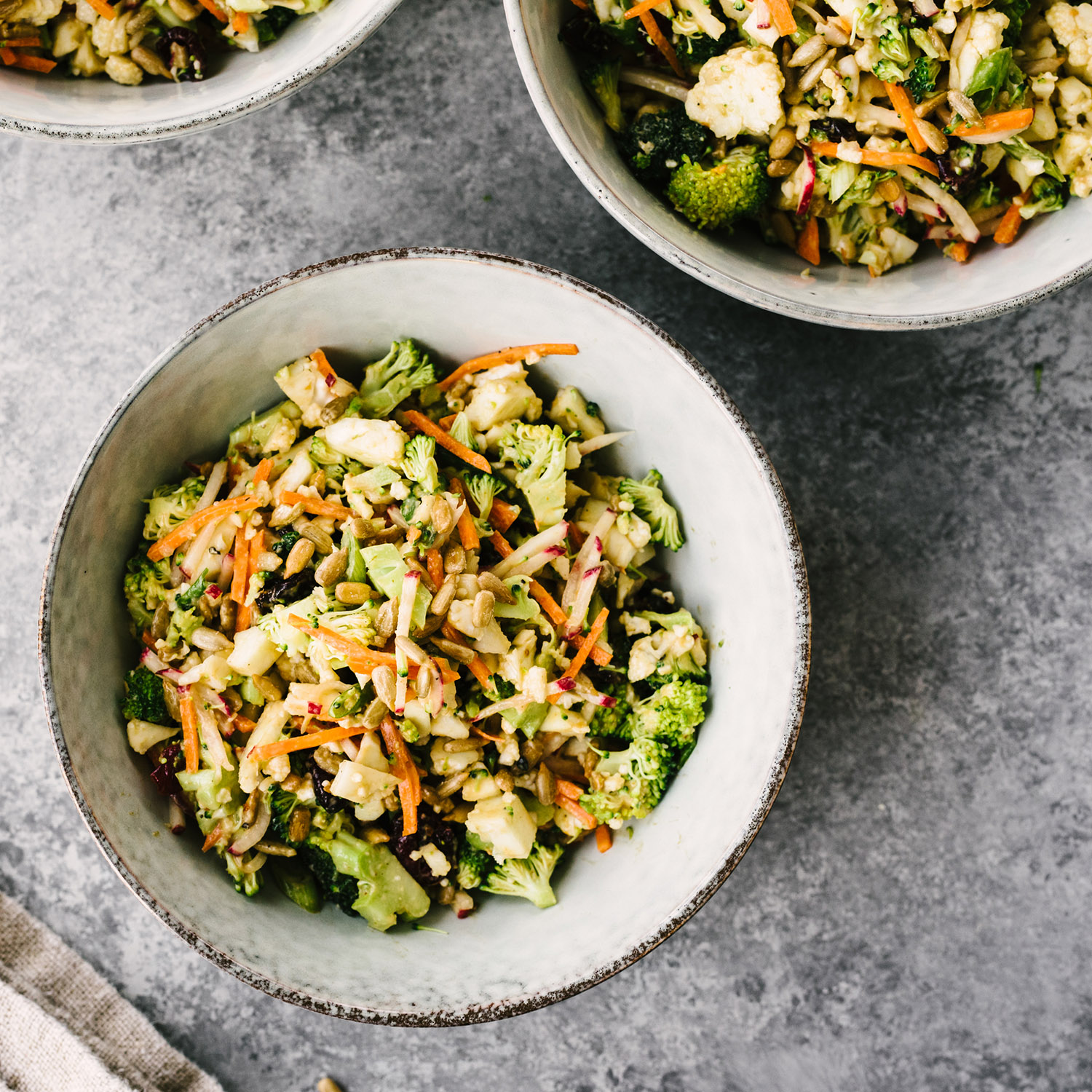 Is the Alkaline Diet Overhyped? What Experts Want You to Know
Is the Alkaline Diet Overhyped? What Experts Want You to KnowHere's how it works.
By Sarah Yang
-
 I'm an Imperfect Dietitian and My Key to Eating Healthy Meals Is Convenience
I'm an Imperfect Dietitian and My Key to Eating Healthy Meals Is ConvenienceTake a peek at my weekly grocery staples.
By Candice Aman
-
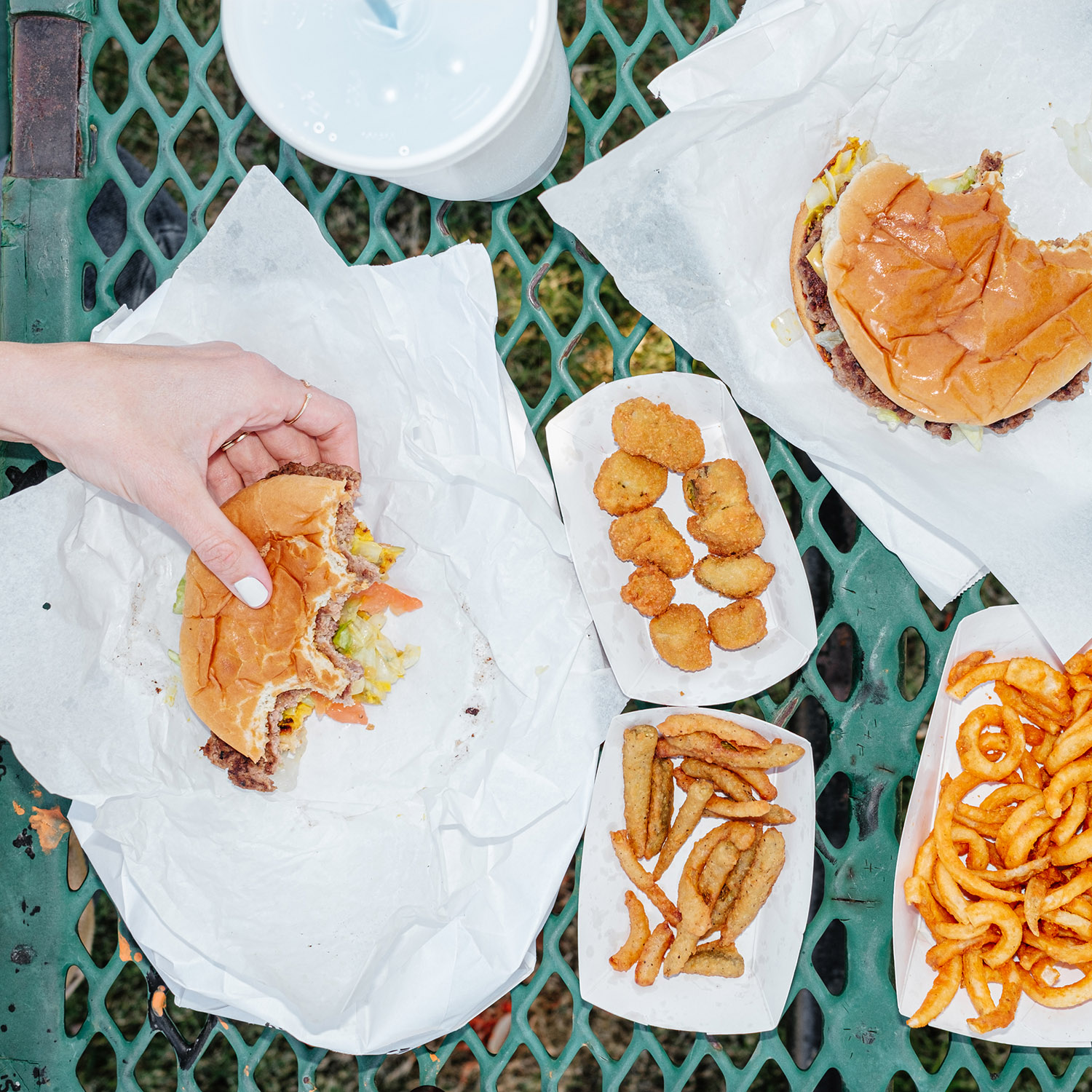 Avoid These 6 Foods—They'll Wreck Your Gut Health
Avoid These 6 Foods—They'll Wreck Your Gut HealthWhat to eat instead.
By Sarah Yang
